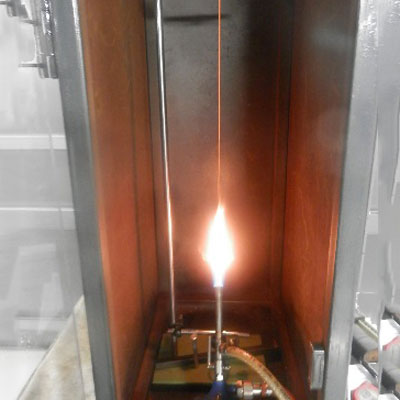Resistance to fire, flammability, fire, smoke tests
The consequences of a fire are never neutral. Flammability tests, overheating tests and similar tests are required by many countries when marketing new products.
For products intended for the general public or professionals, fire resistance tests must be carried out when the documentation relating to flammability classes is not available.
The level of requirement is even greater when the risk of fire concerns the transport sector and in particular the aeronautics sector.
The LEFAE services within the Emitech Group in 2017 extend its services to fire and flammability in terms of standards, recognitions and technical capabilities.
Our services are recognized by the aeronautical authorities to ensure that the operating conditions of aircraft (flight or ground) are observed.
On the reverse, the opening of the Emitech Group to sustainable mobility, in particular through its subsidiary EMC, allows the development of LEFAE's fire activities in this field with battery tests and hydrogen oriented tests.
Aeronautical fire resistance tests
Fire tests - Fire resistant and Fire proof tests - Powerplant test - Fire penetration - Flamability tests
The Aeronautical and Electrical Fire Test Laboratory aims to promote and develop all scientific research and development activities for industries working in the aeronautical field and suppliers concerned by safety approaches.
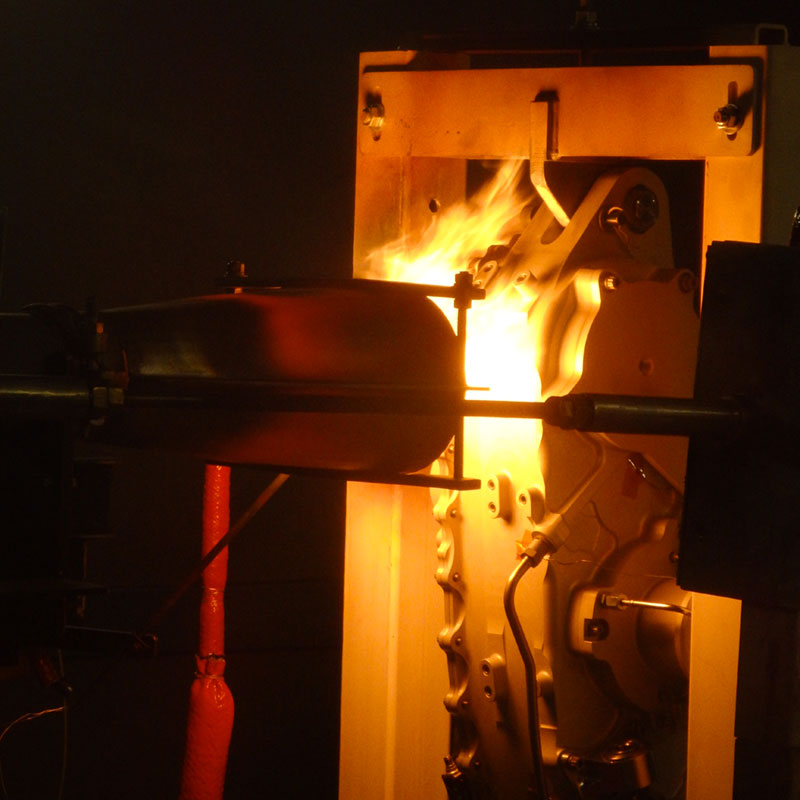
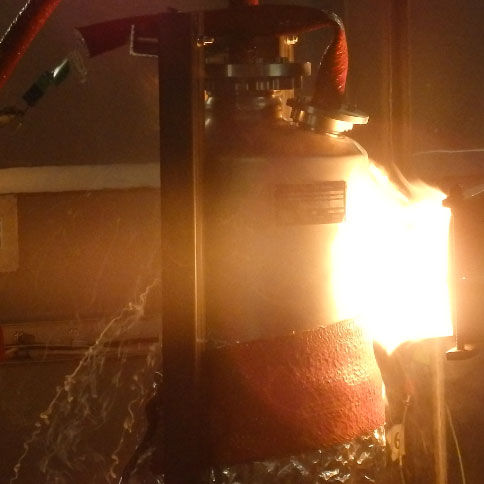
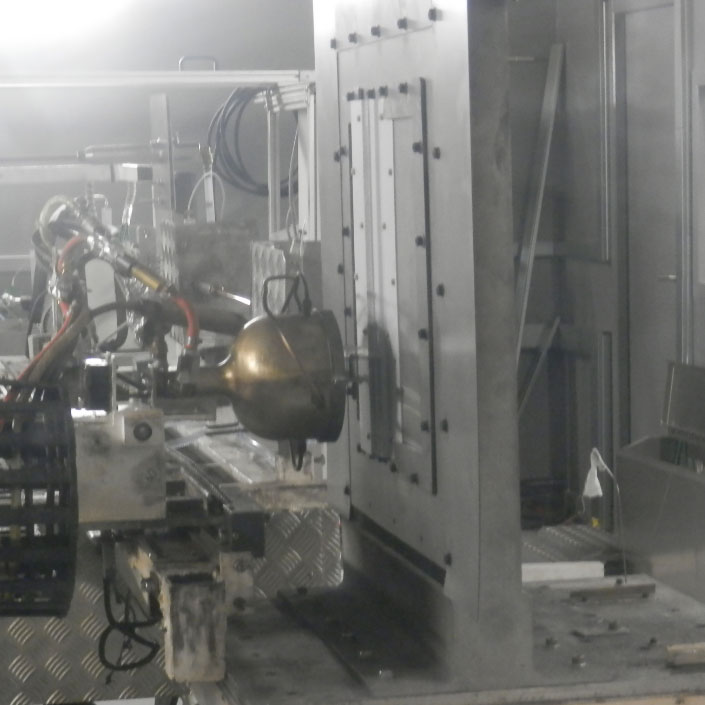
Fire tests are performed on all types of equipment installed on aircraft (example: fluid system components, electrical cables and connectors, structural components...) according to the standards:
- ISO 2685
- AC 20 135, AS1055,
- AIRBUS SP0705382
- ROLLS ROYCE JES 314-1 or RRES 900023
- BSI 3G100 Part 2
- FAR 25 Part F, 25.853, 25.859
- RTCA DO 160, ED 14
- CS-E, CS 23, CS 25, CS 29
- EN 2591-318, EN 2591-326, EN 3475-417, EN 3475-418
We are able to implement all the necessary means to ensure the operating conditions of aircraft (flight or ground) required by the authorities. Examples: ventilation up to 1.5 Mac, flow, pressure, vibration, electrical insulation ...
The materials can be tested according to your requirements with gas burners and liquid fuel burners (CARLIN burners, NEXGEN burners, BSI burners).
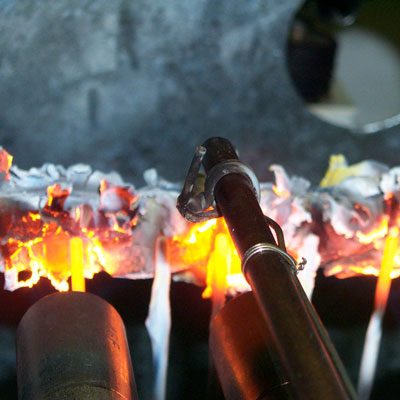
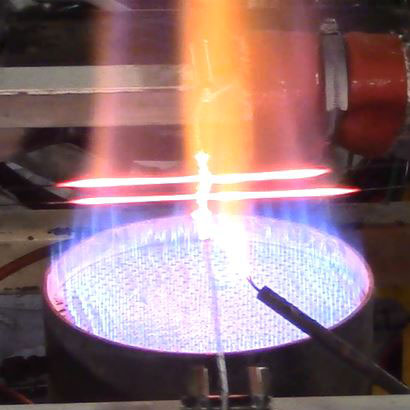
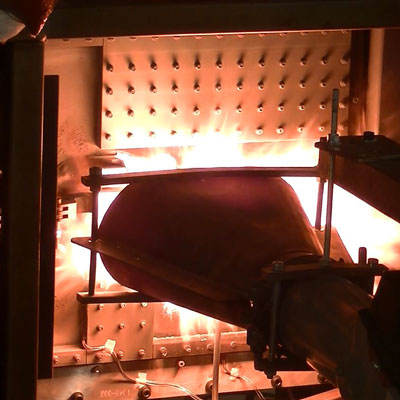
These tests allow to verify the self-extinguishing and the non-propagation of flames of the elements, cables, equipment and structures.
We carry out vertical, horizontal, 45° and 60° flammability tests in accordance with the requirements specified in the standards:
- FAR 25 (Part F, 25.869, 25.853, 25.855)
- CS 23, CS 25 et CS 29.
- AIRBUS METHODS ABD0031, AITM 2.0002, AITM 2.0003, AITM 2.0004, AITM 2.0005
- BOEING METHODS BSS7230
- NF EN 3844-1, NF EN 3844-2, NF EN 3844-3
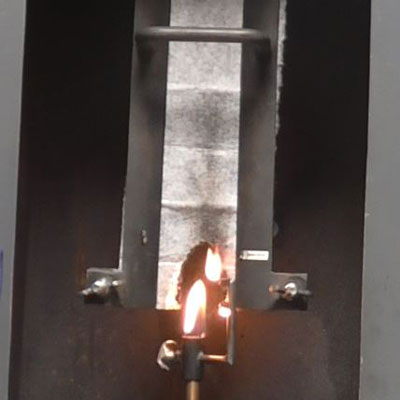
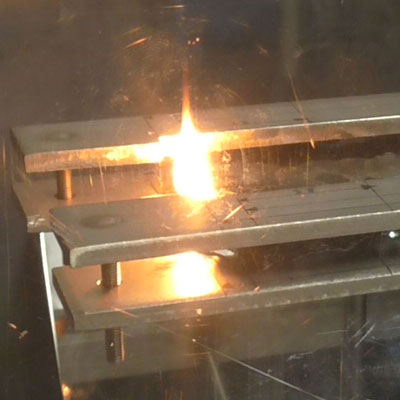
The opacity of fumes and the content of halogenated elements in components or systems installed in the interior of means of transport (aircraft, trains) or buildings such as interior panels, roofs, partitions, curtains, seats, carpets, elastomers, sanitary facilities, are critical factors to ensure the safety of users, passengers and crews.
In order to be installed, these materials must meet the specified requirements.
We carry out the tests according to the standards:
- FAR25 Part 25 appendix F, FAR 25.853
- AIRBUS METHODS ABD 0031, AITM 2.0007, AITM 2.0008, AITM 3.0005
- BOEING METHODS BSS7238, BSS7239
- NF EN 2824, NF EN 2825, NF EN 2826
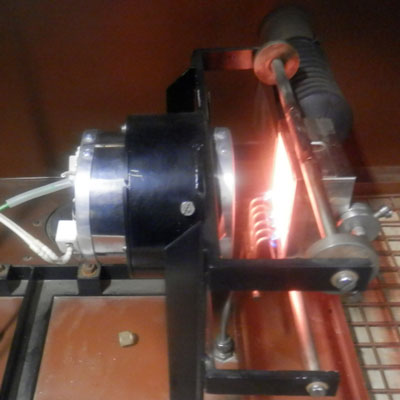
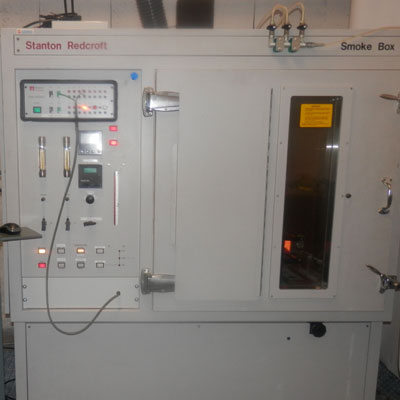
We carry out tests according to the following standards:
- FAR25 Part 25 appendix F, FAR 25.853
- AIRBUS METHODS ABD 0031, AITM 2.0009
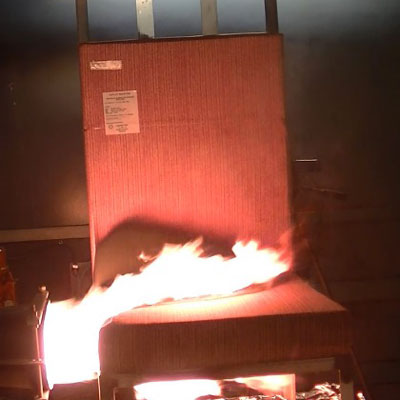
We carry out tests according to the following standards:
- FAR25 Part 25 appendix F, FAR 25.856
- AIRBUS METHODS AITM 2.0053
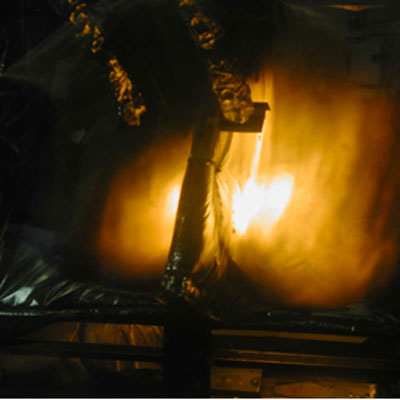
We carry out tests according to the following standards:
- FAR25 Part 25 appendix F, FAR 25.855
- AIRBUS METHODS AITM 2.0010
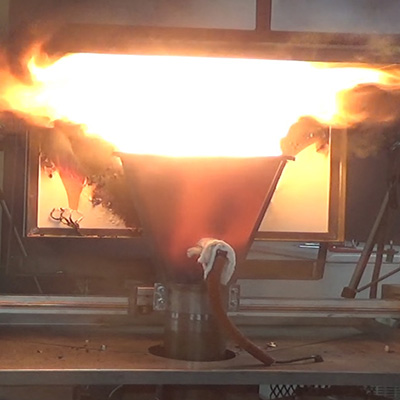
We simulate fires in controlled environments in order to demonstrate the ability of the tested systems to maintain their operating conditions despite the presence of a fire in a specific area (hull, hydraulic tarpaulin, passenger luggage compartment).
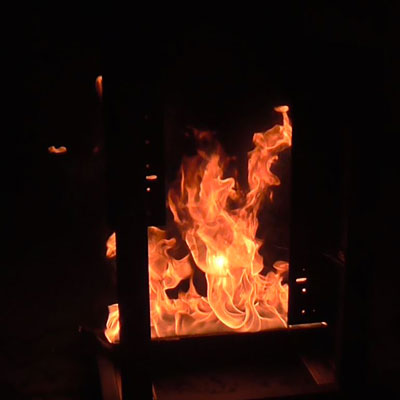
Automotive and industrial fire testing
Characterization of the combustion level of materials
Measurement of the oxygen limit index
This test allows to quickly determine the combustibility characteristics of plastic, composite and textile materials by using it during the selection or qualification phases of materials.
We characterize the percentage of oxygen necessary to maintain the combustion of the tested component.
The tests are carried out according to the standards:
ASTM D 2863, BS ISO 4589-2, NES 714, G 07-128, T 51-071, X 70-100
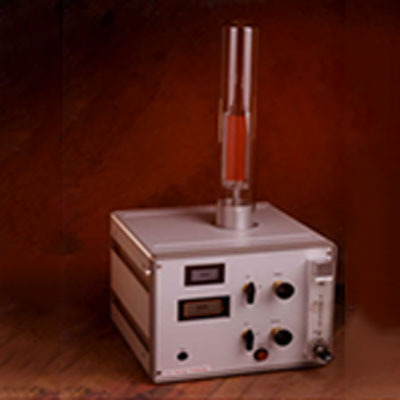
Automotive and industrial flammability testing
We have additional test cabins for tests according to the standards:
- ECE Regulation 118 (R118) Annex 8
- EN 60 322
- CEI 60754
- PSA and automotive standards D451333 and MIL STD 2223
- R118
- FMVSS 302
- ISO 3795
- ISO 9772
- NF EN 136
- UL 0758
- BS 6401, ASTM E662, ISO 5659
